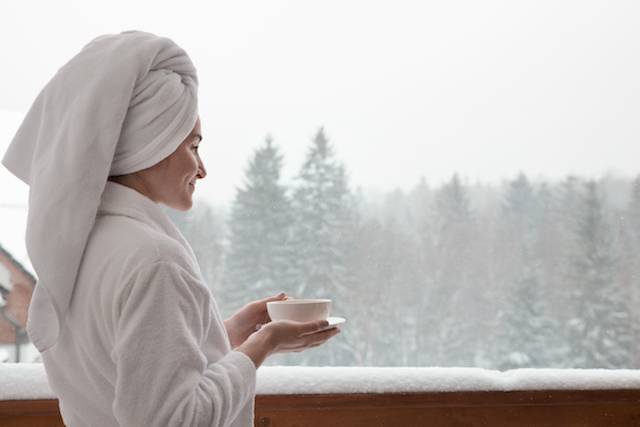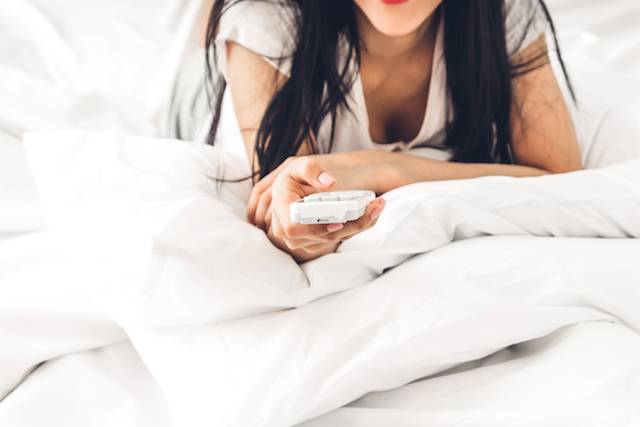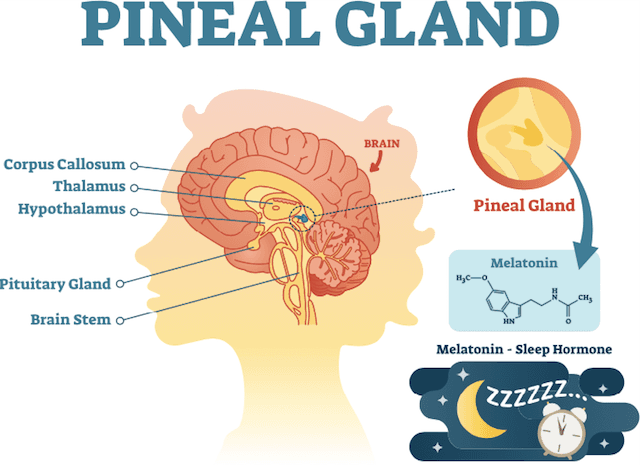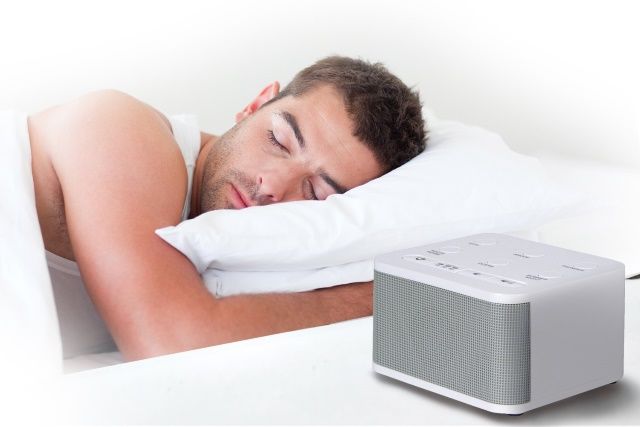It’s not an uncommon experience, dozing off underneath sunlight, in a stifling meeting room, or on the bus in the middle of the day. Warmer temperatures do have a tendency to make you sleepier, though the answer as to why isn’t understood by everyone.
Heat makes you tired in more ways than one, all of which we will discuss in this article.
Variations of Heat-Induced Sleep Experienced in the Day
There are five reasons why heat makes you sleepy: dehydration, your body naturally cooling down, the humid weather outside, blood pressure levels, and melatonin levels
Dehydration

The hotter the day is, the quicker you’ll sweat, which is your body discharging moisture to cool you down along with entrapped heat. This takes up more energy, which leads to your body tiring out quicker.
If you know you’re going to be physically active or the weather is inching towards hot, then pack a cold-water bottle with you wherever you go. This will keep you cool, replenished, and hydrated, limiting how tired you are. You can even take a few sips of cold water before meetings and travelling to keep yourself active.
Cool-Downs
Your body naturally moderates your internal temperature. So, when it’s hotter outside, your body is doing all it can to keep you cool. The most basic way your body does this is through sweating. The moisture helps heat escape from your skin, and once it evaporates, it leaves your skin feeling cooler.

Another process your body goes through to cool you down is vasodilatation. This process widens your blood vessels underneath the skin to increase blood flow. The blood will flow to cooler areas in the body, releasing heat through heat radiation.
Either of these processes are taxing on your body since it means extra energy and effort from your brain and vessels.
Weather
If the weather outside is hot, then you’re going to want to cool down. The same goes for when it’s cold outside. You’ll attempt to warm yourself up, through warm baths and hot beverages, even perhaps sit by a heater.

However, if you overheat yourself, you may find it hard to go to sleep since your body will be too hot internally to comfortably shut down properly. Try to give your body ample time to cool down before you tuck yourself underneath thick blankets and quilts which can trap heat.
Blood Pressure
Warmer climates tend to make your blood pressure drop. Once this happens, there is less blood flow, specifically to the brain which makes it harder to stay awake. With less blood flow, your brain is not as productive as it would normally be.

Melatonin
Finally, there is the melatonin factor, the natural hormone complementary to when it’s time to sleep. Underneath the sun, your melatonin production is halted, keeping you awake and attentive. Once you enter the shade again, your melatonin production resumes, and this swap from no melatonin to the formulation of regular levels can wash over you like a wave of sleepiness.
Sunlight also provides you with extra vitamin D, which increases your levels of metabolism and tends to drain your body’s energy quicker. Ultraviolet rays underneath direct sunlight also concocts chemical reactions which induce feelings of fatigue and tiredness.

Keep water on you, along with saltier snacks to munch on. If you have to go out in the sun, then wear sunscreen as well as sunglasses to keep your skin and eyes safe from sunlight damage. Try to stay in the shade whenever you can, carrying either a hat or umbrella as on-the-go shade.
Why Do We Sleep Better in Colder Environments?
Your body naturally stays within a temperature range of 96.8 to 100.4 degrees Fahrenheit to stay healthy and operational. The temperature around you is always warmer in the day than night, so heat is partnered with being active and awake. Since the night brings a cooler environment, cool temperature is associated with rest and sleep.
Your body naturally cools down as well to alert the brain that it’s time to slow down and go to bed. The best temperature to sleep at for uninterrupted rest is 60 to 67 degrees Fahrenheit. If you sleep in the mid 50s, you’ll be waking up over and over as your body tries to warm itself up.
You may want to check out: How to Stay Cool at Night Without Air Conditioning
What are the Benefits of Sleeping in a Cooler Environment?
There are numerous benefits to sleeping in the ideal environment, including a cool one.
It helps you sleep easier since the temperature around you is already cool. Your body doesn’t have to drop its internal temperature as drastically to balance out with the surrounding atmosphere. Always try to cool the temperature of your bedroom an hour or more before you go to bed.

The right consistent temperature throughout the night prevents you from waking up. The more your body has to adjust during the night, the more reckless your rest is going to be. You want to stay asleep for a continuous number of hours, ideally 8 to 10, so you can cycle through all of the stages of sleep.
There are two reactions your body can have, one to the cold and one to the heat. If your sleep is too hot, then you may start sweating in which the additional moisture could wake you up. If your sleep is too cold, then you may begin to shiver which can jerk you awake unintentionally. According to your bodily reactions, alter the temperature in the room for future uninterrupted sleep.

As established, a cooler room improves the performance of your sleep. It can even increase your metabolism levels, which help reduce the risk of numerous diseases. It can help enhance the production of different growth hormones which improves bodily repairs done in the night. From mending muscle tissues to restoring bone fractures, your metabolism will better complete these tasks.
You may want to read: Why Does the Rain Make You Sleepy?
What is the Ideal Sleep Environment?
Even though temperature is important, there are other factors you should take into consideration to ensure you get the best possible sleep every night.

Use blackout shades to keep the sunlight from creeping into your room if you’re sleeping during the day. Try to keep all electronics out of your room and stay away from them an hour before going to bed so your mind can calm down and get ready to unwind. Keep children and pets out of your room so you’re in greater control of your sleep schedule. Remove any possible distractions such as light, additional heat, and unnecessary noise from your bedroom.
You may be interested in: What’s the Best Temperature for Sleep?
Conclusion
Your body naturally cools down before going to bed to ensure you have the best rest possible. It’s not necessarily the heat that makes you tired, but the exhaustion and cool-down afterwards that signals your brain to wind down and take some rest to start off fresh yet again. So, whenever you’re feeling that wave of sleepiness in a hot environment, it’s your body in need of a cool-down.
Photo credit: fizkes/Shutterstock; KieferPix/Shutterstock; Mahony/Shutterstock; Quality Stock Arts/Shutterstock; VectorMine/Shutterstock; Art_Photo/Shutterstock; fizkes/Shutterstock